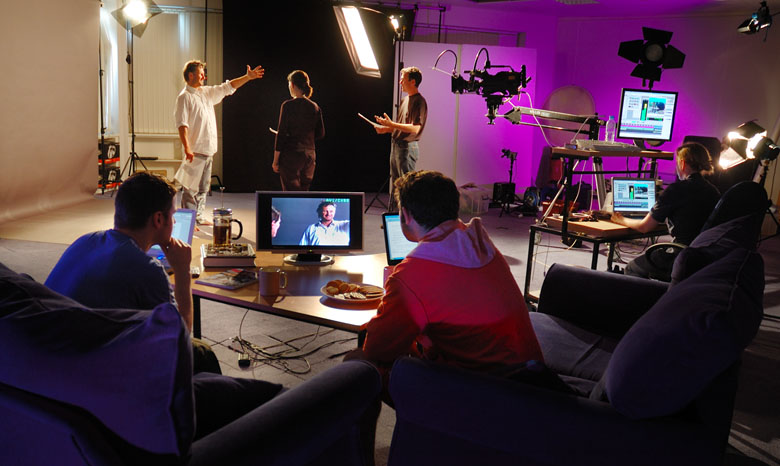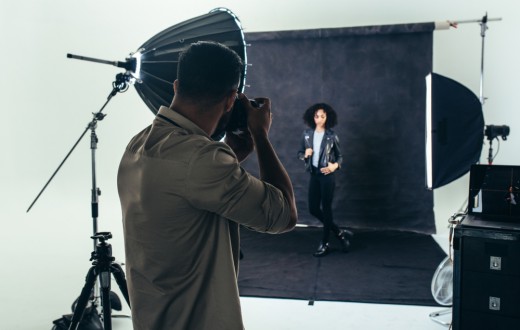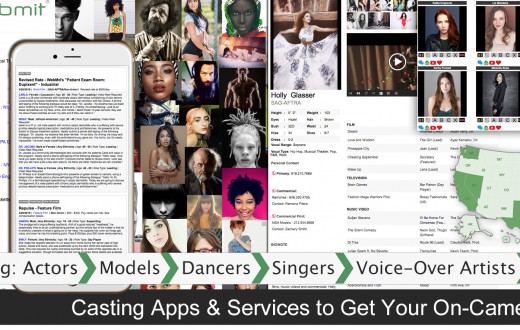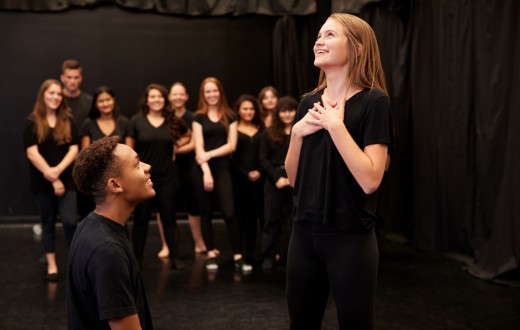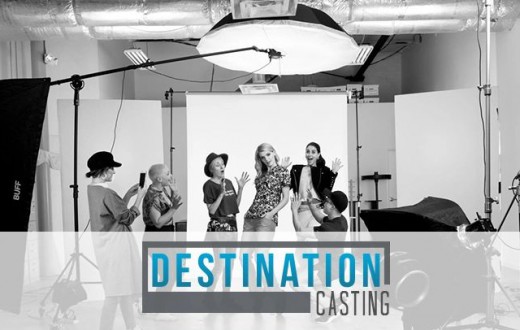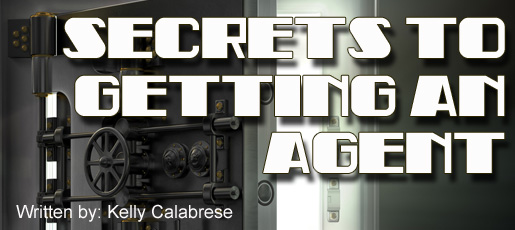Embarking on an acting career is an exhilarating journey, filled with opportunities, challenges, and learning experiences. One of the most pivotal moments for new actors is the first audition—a stepping stone that can set the course for your career. While auditions can be nerve-wracking, especially for newcomers, being well-prepared can significantly ease the process. Here’s a comprehensive guide to help you navigate your first audition with confidence.
Understand the Casting Call
Before you even step into the audition room, it’s crucial to thoroughly understand the casting call. Know the type of role you’re auditioning for, the project’s genre, and the tone they’re aiming for. This knowledge will guide your preparation and help you make informed choices about your performance.
Preparation is Key
- Learn Your Lines: If you’re provided with lines or a script beforehand, memorize them. Being well-rehearsed shows your professionalism and dedication.
- Research the Character: Dive deep into the character’s background, motivations, and relationships. The more you understand your character, the more authentic your performance will be.
- Practice Your Monologue: If you’re asked to perform a monologue, choose one that showcases your range and fits the casting call’s requirements. Practice it until you can deliver it naturally and confidently.
First Impressions Matter
Your demeanor when you first walk into the room can set the tone for your audition. Dress appropriately for the part, but remain comfortable. Be punctual, courteous, and ready to perform. A positive attitude and professionalism can make a lasting impression.
The Audition Process
- Slate: You may be asked to slate at the beginning of your audition. This simply means stating your name and possibly other details like your agency. Keep it brief and professional.
- Perform: When it’s time to showcase your piece, focus on your performance. Connect with the material and the character, and aim to convey the emotions authentically.
- Direction: Be prepared to receive and respond to direction. Directors may ask you to perform the piece differently. This isn’t a critique but a way to see your range and adaptability.
After the Audition
Once your audition is over, reflect on the experience. Regardless of the outcome, every audition is a learning opportunity. Consider what went well and what could be improved for next time. And most importantly, don’t dwell on it—move on to the next opportunity.
Handling Rejection
Rejection is an integral part of the acting world. It’s crucial to not take it personally. Many factors go into casting decisions, and not being selected doesn’t necessarily reflect on your talent or potential. Use rejection as a motivator to improve and persevere.
Many successful actors have shared stories about their first auditions, which often serve as inspirational tales for newcomers in the industry. Here are a few examples:
- Emma Stone: Emma Stone’s first Hollywood audition was for the role of Laurie Partridge in the 2004 movie “The New Partridge Family.” She was only 15 at the time and won the part, which kickstarted her career. Stone has often talked about the importance of perseverance and how numerous rejections didn’t deter her from pursuing her dreams.
- Henry Cavill: Known for his role as Superman, Henry Cavill had his share of rejections early in his career. His first major audition was for the film “The Count of Monte Cristo.” Cavill landed the role, which was a significant step in his career. He’s shared how this experience taught him the value of resilience and determination in the acting industry.
- Lupita Nyong’o: Lupita Nyong’o’s first major audition was for the role of Patsey in “12 Years a Slave,” a part that would win her an Academy Award. Nyong’o has spoken about how she put her heart and soul into the audition, focusing on delivering her best performance without worrying about the outcome. Her dedication and intense preparation paid off in a big way.
- Tom Hanks: Tom Hanks, one of Hollywood’s most beloved actors, had his first audition for the low-budget horror film “He Knows You’re Alone,” which marked his film debut. Hanks has often emphasized the importance of enjoying the process and learning from each experience, regardless of the project’s size or scope.
- Jennifer Lawrence: Before her breakout role in “Winter’s Bone,” which led to an Oscar nomination, Jennifer Lawrence went through numerous auditions. She’s candidly shared her experiences of facing rejection and the importance of persistence. Her first audition in New York was for a promo for MTV’s “My Super Sweet 16,” which she booked, serving as an entry point to her acting career.
Stay Positive and Persistent
The path to success in acting is often long and filled with challenges. Stay positive, continue honing your craft, and be persistent. Attend workshops, network with other professionals, and keep auditioning. Every experience, whether a success or a setback, contributes to your growth as an actor.
In conclusion, your first audition is just the beginning of an exciting journey in the world of acting. Embrace the experience, learn from it, and let it propel you forward in your career. Remember, every great actor started somewhere, and with dedication, resilience, and passion, you’re well on your way to making your mark in the industry.
Bonus!
Here are some pieces of advice from well-known actors on the audition process:
- Meryl Streep: Meryl Streep emphasizes the importance of being prepared but also staying flexible. She advises actors to do their homework but also be ready to throw it all out the window if the director has a different vision. This balance between preparation and adaptability is crucial in auditions.
- Denzel Washington: Denzel Washington encourages actors to focus on the craft and not the career. He advises actors to concentrate on being good at their craft, asserting that success will follow if you’re good at what you do. He stresses the importance of persistence and dedication to improving one’s skills.
- Viola Davis: Viola Davis speaks to the importance of authenticity. She advises actors to bring their true selves to their performances, suggesting that authenticity resonates more than perfection. Davis encourages actors to embrace their uniqueness and use it as a strength in auditions.
- Hugh Jackman: Hugh Jackman highlights the significance of enjoying the process. He advises actors to treat auditions like performances, an opportunity to act, and therefore something to enjoy, regardless of the outcome. This perspective can help alleviate some of the pressure and anxiety associated with auditions.
- Bryan Cranston: Bryan Cranston offers a unique perspective on auditions. He suggests that actors should approach auditions as an opportunity to present what they can do, not as a plea for a job. This shift in mindset can empower actors, making the audition process feel more like an offering of one’s art rather than a test.
- Natalie Portman: Natalie Portman advises actors to keep learning and growing. She emphasizes the importance of education, whether formal or through life experiences, and encourages actors to bring that depth of knowledge and experience to their performances.
- Tom Hiddleston: Tom Hiddleston encourages actors to embrace failure as a part of the process. He talks about the inevitability of rejection and the importance of resilience, suggesting that each “no” is a step closer to a “yes.”

